Submit to a Writing Contest and/or be a Judge by Raina Schell
When I was brand spanking new to novel writing I entered a local writing contest. Looking back I realize I entered for the wrong reasons. I wanted to win. I wanted a pat on the back. I thought that everyone who read my entry would Oooo and Ahhh. After all, it was a scene I had worked on for years and I thought it was really good. What constituted “really good” for me and now are two different things.


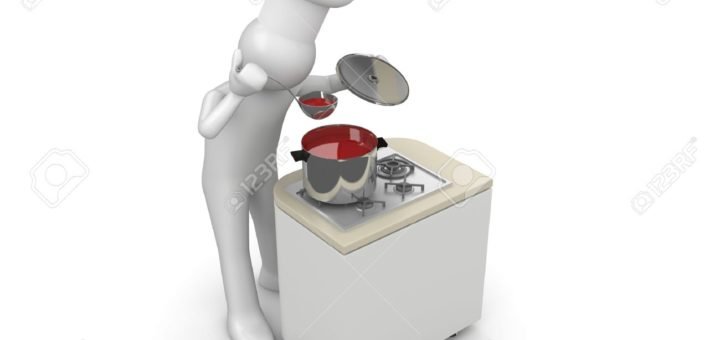
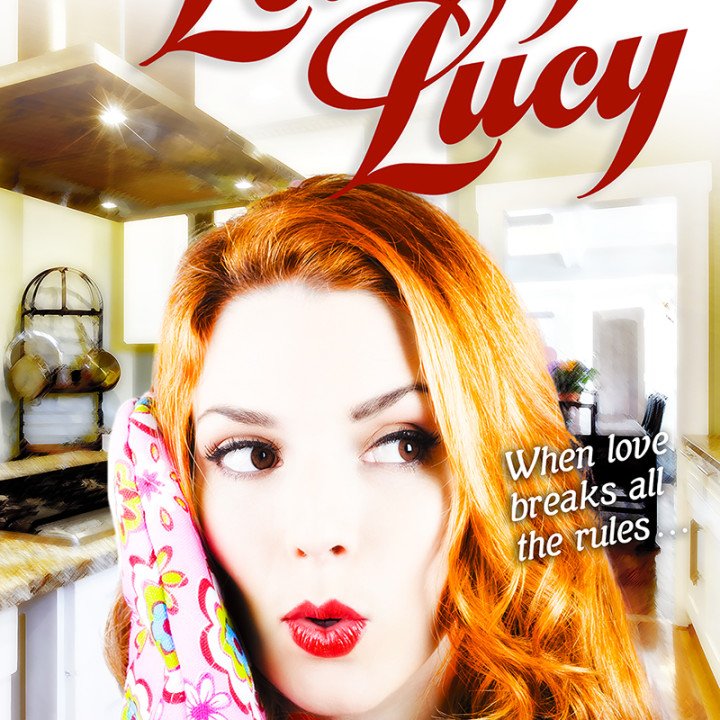
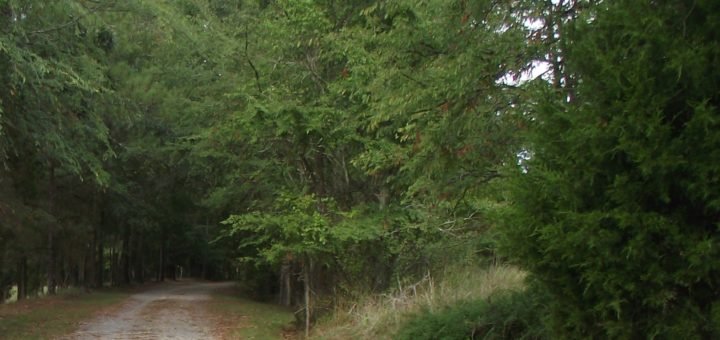

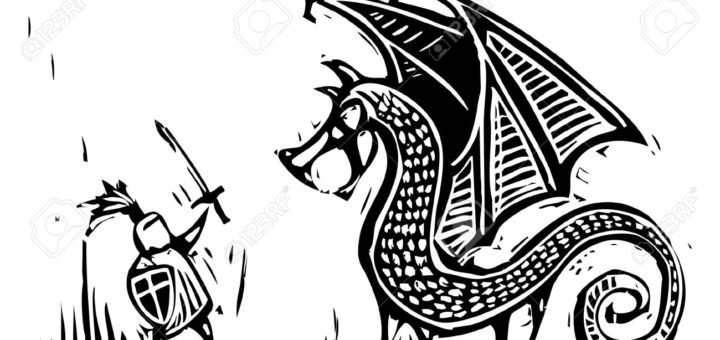


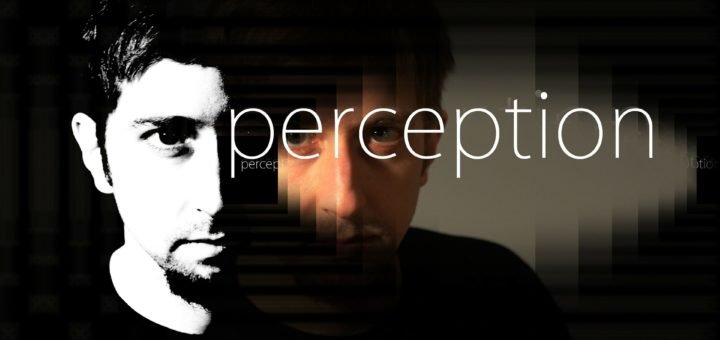
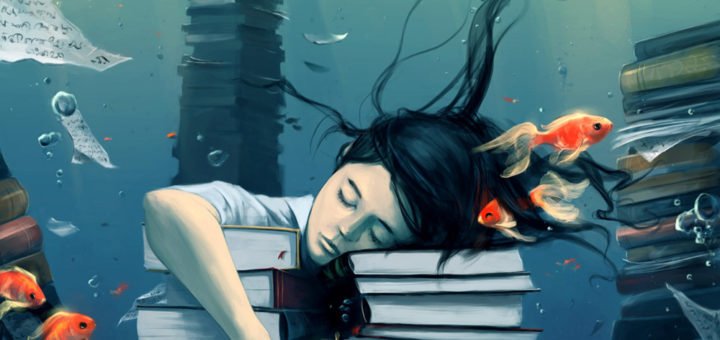





Recent Comments